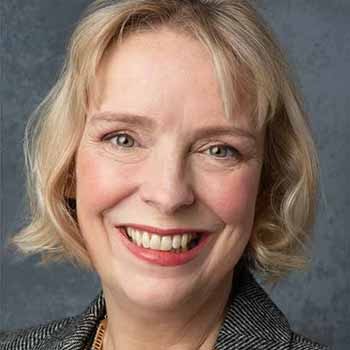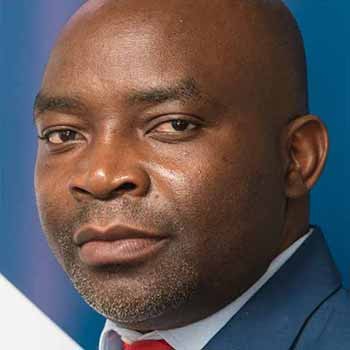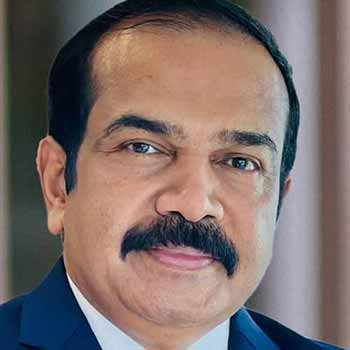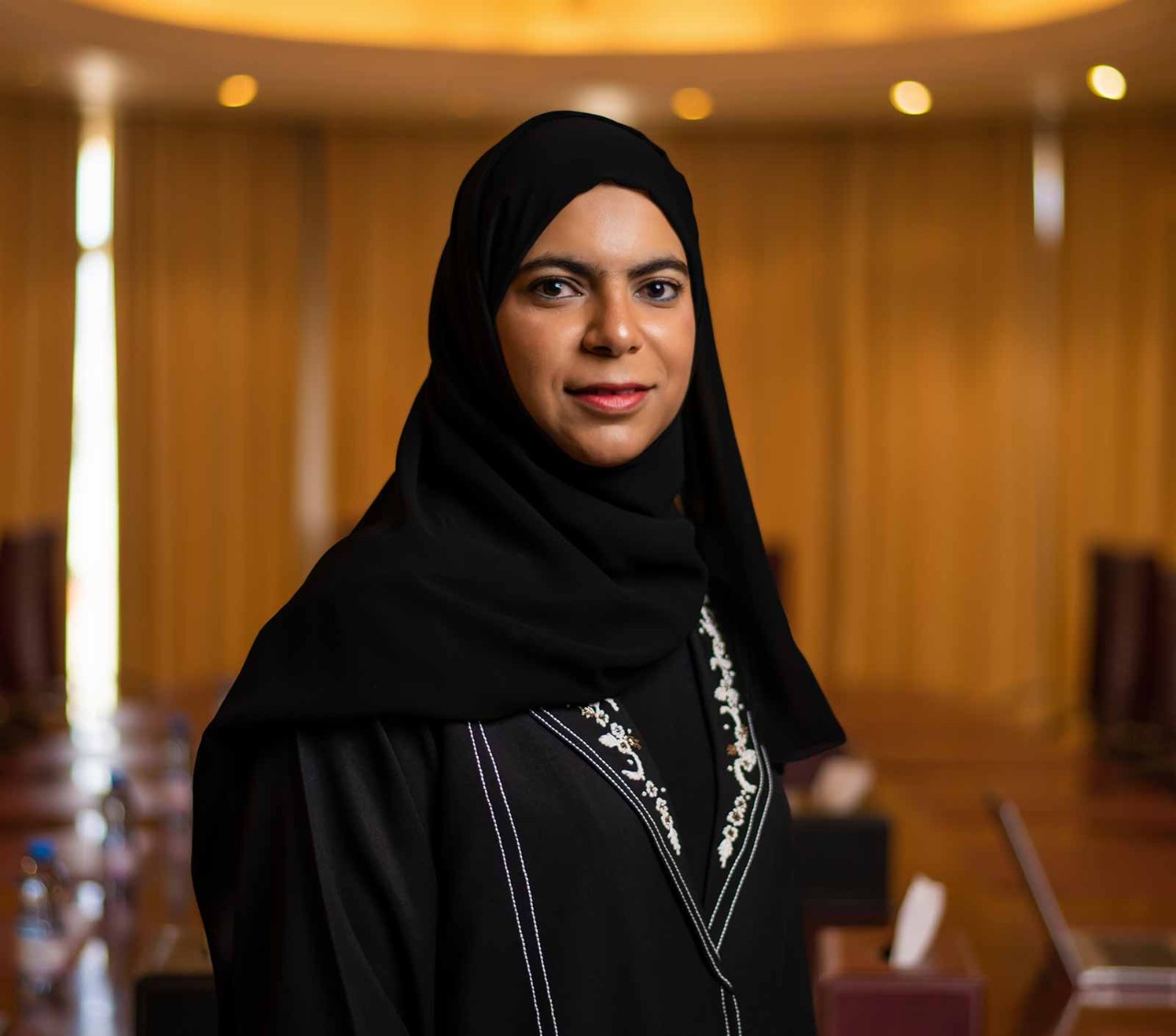
At some point in their development, many accountancy firms will consider whether to join a larger grouping such as an association or network.
While being an independent operator has many advantages – lifestyle, choice of clients and control, for example – there are distinct benefits to being part of a larger group. Many firms join one to extend their reach, often to parts of the world otherwise inaccessible to a lone firm focused on a local economy. Membership of a large grouping can also help a firm expand its knowledge base, develop staff and form professional bonds across borders.
Signing up and then passively waiting for work to arrive is doomed to failure
The benefits
Whether it’s an association or a network (see box), a larger body offers support in the form of annual conferences and online events, such as seminars and meetings. These can cover all aspects of running a firm – everything from advice on business development to technical knowledge and best practice in marketing and HR. This kind of knowledge sharing is a big bonus for firms that do not have in-house expertise in all fields.
There are also opportunities for staff development. Employees can be seconded to other member firms where they can learn new skills, develop practice leadership and gain experience of working at an international level. This can help with staff retention and help transform working culture.
But perhaps the most fundamental advantage of all is the work referrals that can come through building relationships with other group members. All the firms interviewed for this article (two in the Kreston Global network, and two in the PrimeGlobal association) said their revenues had grown as a result of their memberships.
There is broad agreement on how this works best. Signing up to a network or association and passively waiting for work to arrive is doomed to failure. The benefits accrue only to those who invest time in building relationships. It can take a while – a year or more – but it is only then that membership really starts to pay off.
Thierry Delvaux, chief regional officer EMEA with association PrimeGlobal
‘If you just pay your dues and never show up, your membership will not be profitable. We will not get to know you and you will not get to know anybody.’


Liza Robbins, chief executive of Kreston Global
‘What I always say to firms is really think about what you’re trying to do. Don’t just say it’s the next stage of your development – boil it down.
‘Broadly, if you’re a firm wanting to develop, you’re looking for resources – you may be looking for a technical person because you don’t employ one yourself – so you might be looking more towards the networks that have that sort of resource.
‘Across the world, there’s a challenge with identifying and retaining staff. One of the things our firms are saying to us is that staff perceive an international link as very positive. They enjoy the interaction that we can give them from being part of something bigger.’
Samer Doumani, managing partner of Doumani, Beirut, Lebanon
‘We needed the PrimeGlobal connection to serve our clients. Many of them have business transactions with suppliers, clients and banks outside the country, and they sometimes need to consult.
‘It’s easy to contact a firm in the association. Through the international meetings we attend we meet new people and discuss how to develop our firms, our service and our employees. We exchange ideas and see if we can benefit from their experience. Networking will give you a return, not just your name in a directory.’


Suresh Naidoo, CEO of Accensis, Durban, South Africa
‘We looked for an organisation that we felt left us with our independence. We carried on with our own name and provided international connectivity for our clients.
‘PrimeGlobal is a gentle culture. It’s not a harsh, driving-for-profits culture.’
Modern Mutumwa, managing partner at Kreston Zimbabwe in Harare, Zimbabwe
‘I wanted a brand I could rely on to be competitive in the local market.
‘We have also seconded staff to Kreston Reeves in the UK. They learned new things and gained exposure to larger clients. Some were able to lead assignments, which strengthened their technical skills and opened them up to interacting with staff from a global perspective.’


Sudhir Kumar, senior partner at Kreston Menon in the UAE
‘We are on the Forum of Firms list, which is recognition for us, for the quality of our work.
‘Everyone is very happy that the organisation has changed culturally because Kreston talks to everyone, not only the top management. Everyone is part of Kreston.’
Network vs association
The terms ‘network’, ‘association’ or even ‘alliance’ used to be interchangeable. However, over the past 15 years ‘network’ has come to be linked to practices that are members of the Forum of Firms, an IFAC body. That means they agree to abide by the International Standard on Quality Control (ISQC 1), International Standards on Audit, and the International Ethics Standards Board for Accountants’ code of conduct.
Many banks, governments and not-for-profits will deal only with auditors who are members of the Forum. In many jurisdictions, Forum membership immediately places networks on an approved list that opens the way to pitch for state and NGO work.
Networks may also have tighter rules than associations over systems and processes, branding and marketing. Some networks, the Big Four among them, enforce a common brand; others don’t. Member firms that choose to rebrand often turn it into a major event to let clients know why they have changed.





